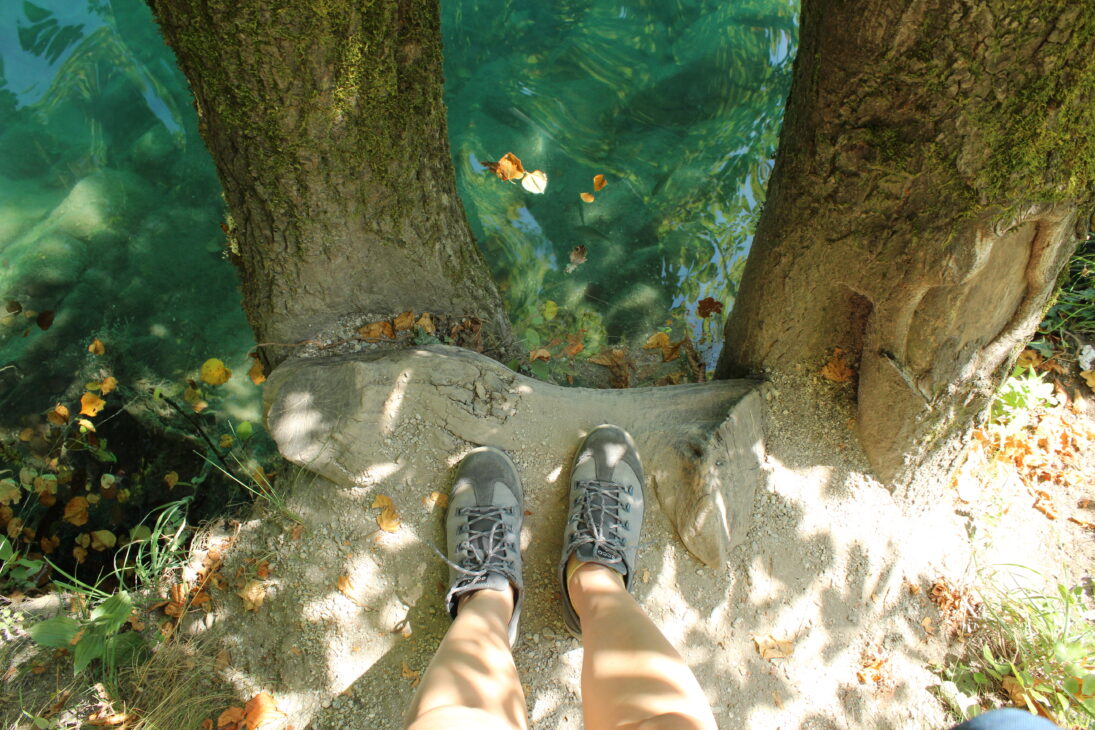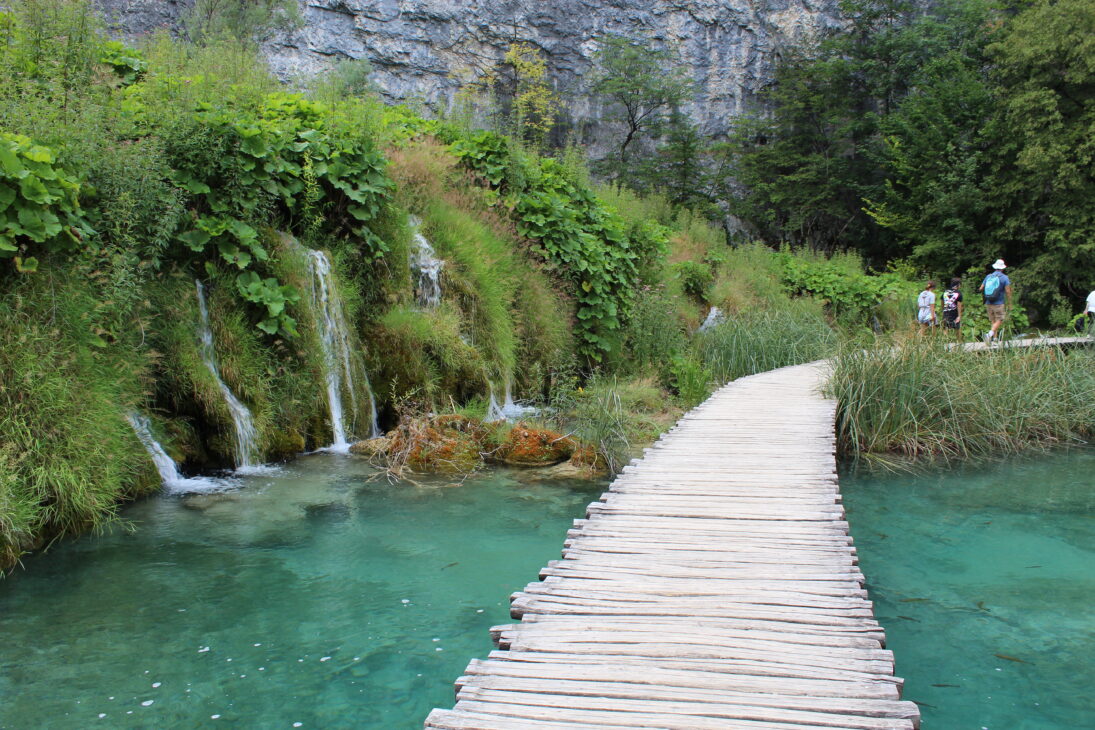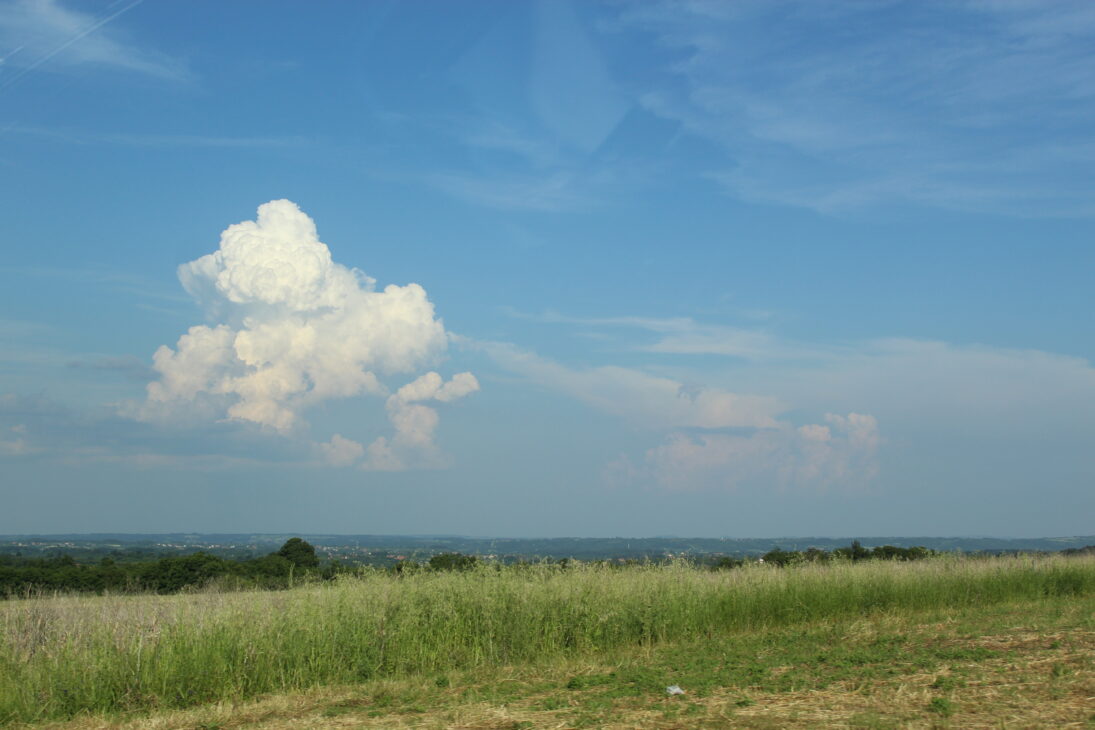Maybe, “expat” is an out-dated term, and I should use the term “global nomads,” perhaps, if I want to stay with the current trend. My preference, however, is to use the term “expat,” still.
When I hear the word nomad, I think of Genghiz Khan, Central Asia, and my ancestors living around the Karakum Desert. I think of yurts, their webbed, bent wood easily constructed and taken down to be loaded onto camels. I think of restless families, sand in their mouths, moving to find better grazing lands for their hungry herds or for a refuge from their fickle enemies.
I don’t think of myself as a nomad, not only because I don’t live like my ancestors, but because it calls for a mysterious and exotic perception about the lifestyle I lead. Similar to how I am often considered exotic and mysterious in the European and Western countries, just because I was born in Central Asia. As if I had a choice. As if I earned that with hard work. As if I’m not just another version of anyone else, in abundant ways. So I say that I’m an expat. Things are more clear that way, albeit a bit more boring.

“Boring,” however, would have been the last adjective I used to explain the lifestyle I was about to start when my husband and I moved to our first foreign country. A promise of life rich with fascinating adventures, riddled with remote languages, and peppered with exotic cuisines. Living in such a luxury forever-and-ever seemed to fit who I was, and to define the union of my American husband and me. Our multicultural family. Starting an expatriate life. So adorable was the life we were about to begin, especially when we decided to have children.
Our first child lived in two and visited six countries before he could walk. I traveled to the US to give birth to him, and two years later, I delivered our daughter in Belgium. She visited the Eiffel Tower when she was only 6 weeks old, and traveled to more countries than her brother by the time she was one year old. The acquisition of a foreign language or two came next, although not from me.

If someone would have read the last paragraph to me when I was 16 and told me that this was going to be my life, I would have been so proud. What a unique way of raising kids, I would have thought. Of course, I still do think it’s pretty cool, but I have no illusions about it after fifteen years of the expat life. If the same paragraph is read to my children when they were 6 or 7 years old, they would have said “Ok–can I have ice-cream now?”
If I read it to them now, at age 13 and 11, they would definitely feel the bravado in how it all sounds. But then, if you give them the option of traveling back in time and settling down in the US, they would take that in a second. They would trade the list of countries they have visited for a list comprised of just a few things – a friend since childhood and who speaks English like them, accompanied by unlimited visits to their grandparents, aunts and uncles and cousins.
Does that mean, they would be better off if we lived in one place our whole lives? I know what the kids would say, but what do I think of that?
Well, that’s the million dollar question, isn’t it?
What I know is that, at age one, my son was extremely confused in a French-speaking day care in Brussels, but now boasts about it at age 13. What I know is that my daughter pretended she knew everything in a Russian elementary school when she was, in fact, utterly lost; but now at age 11 she Zooms with her Russian speaking friends from Moldova regularly.
Let me say that last paragraph a little differently now.
What I know is that my son boasts about his experience at a French speaking day care when he was one year old, but he was so confused among the kids he couldn’t communicate with. What I know is that my daughter holds consistent Zoom calls in Russian with her Moldovan friends, but she was utterly lost when she was in a Russian elementary school.
Did that make a difference in your thinking?
Perspective might be important when deciding whether an expat life is sustainable or not. For me personally, it’s important to practice flexibility. Mentally. And as you age, physical flexibility is highly recommended. I know that, while my environment changes constantly, it’s crucial that my mind adjusts to it. However, flexibility only helps with having a happier expat life. And maybe a longer expat life than average. Can it sustain an expat life forever though?
Many expats that I have met have chosen to settle down in one place after 3 or 15 years of expat life. Vagabonding is a high energy activity, after all. It gets less adventurous and more tiresome if it lasts too long. Those who settle can still settle in a country they weren’t born in to keep the excitement they got used to. I’m sure that is the case for my future.

But, for now, I’m starting to sweat at the sight of a suitcase. I cringe when kids voice their distress about not understanding the life they live. And I cry when I think of the friends I’ll be separated from again. But most importantly, I dream of a yurt built on a cement base. Permanent. A nomad evolves into expat evolves into … who knows?



